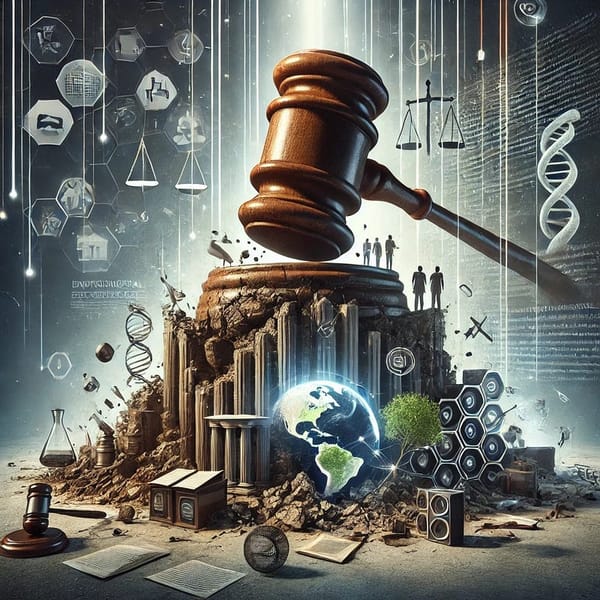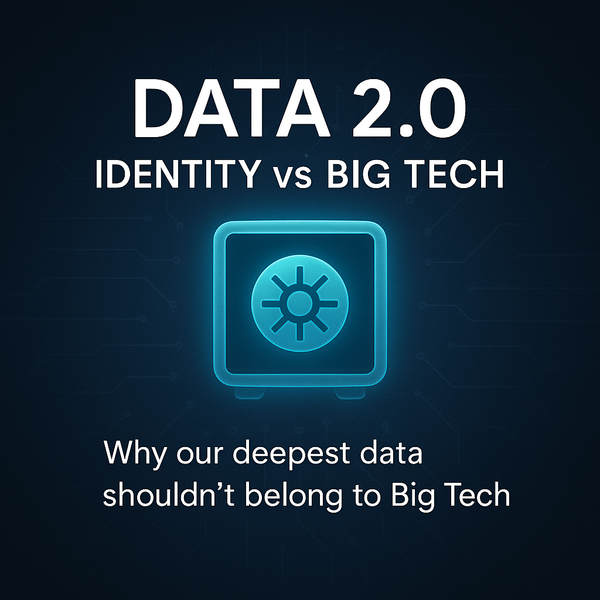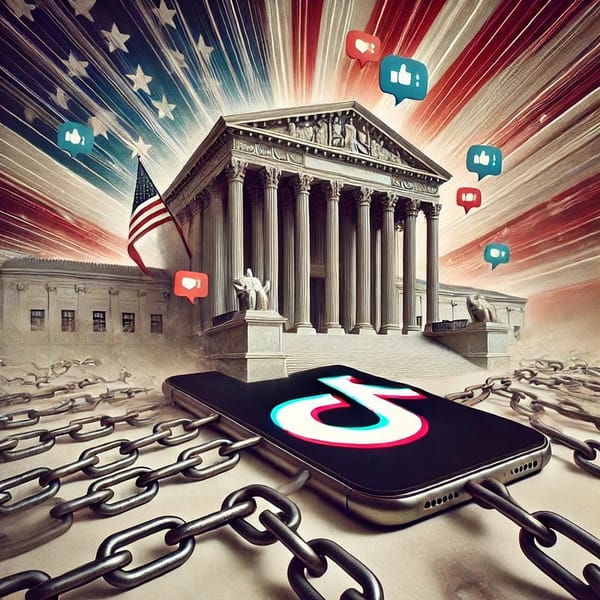The End of Net Neutrality: The Chevron Doctrine’s Ripple Effect
Last year, the Supreme Court made a landmark decision that fundamentally altered how government agencies enforce laws. The case, Loper…

Last year, the Supreme Court made a landmark decision that fundamentally altered how government agencies enforce laws. The case, Loper…
Last year, the Supreme Court made a landmark decision that fundamentally altered how government agencies enforce laws. The case, Loper Bright Enterprises v. Raimondo, effectively dismantled the Chevron Doctrine, also known as Chevron Deference. This principle, established in Chevron U.S.A., Inc. v. Natural Resources Defense Council (1984), had granted federal agencies the authority to interpret and apply laws within their domain, provided their interpretation was deemed “reasonable.”
Under Chevron, agencies like the FCC, EPA, or FDA were empowered to use their subject-matter expertise to fill in the gaps left by often ambiguous congressional legislation. This deference to agency expertise allowed the government to adapt regulatory frameworks to evolving industries and societal needs. However, the Supreme Court’s decision last year shifted that power away from agencies, stating that judges — not experts — should now decide how laws are interpreted.
This change has set the stage for dramatic consequences, as evidenced by the recent ruling against the FCC’s authority to enforce Net Neutrality. Net Neutrality, the principle that Internet Service Providers (ISPs) must treat all data equally without favoring or throttling certain content, was first implemented during the Obama administration, repealed under Trump, and partially restored under Biden. The courts have now decided that the FCC no longer has the authority to define and enforce these rules, marking the death of Net Neutrality.
The Problem with Abandoning Expertise
The Chevron Doctrine’s removal forces Congress to be far more precise in crafting laws, which is problematic for several reasons:
The FCC’s loss in the Net Neutrality case highlights the risks of this new approach. Without deference to expert agencies, critical regulatory decisions will increasingly fall into the hands of those without the requisite knowledge or capacity to respond to rapidly changing industries.
Trump has already put forward nominee after nominee without the necessary expertise to lead the agencies and in some cases, those nominees have been vocal about wanting to dismantle those agencies.
A Win for Corporations, A Loss for Democracy
The rollback of Net Neutrality is a significant win for large ISPs, which can now prioritize their own services or charge premiums for “fast lanes,” effectively eroding the equal-access principle that made the internet a democratizing force. This decision fits into a broader trend of deregulation benefiting powerful corporations at the expense of consumers and small businesses.
It also raises concerns about the broader implications of dismantling the Chevron Doctrine. Will the EPA lose its ability to regulate greenhouse gas emissions? Will the FDA be sidelined in determining the safety of new drugs? These questions highlight a troubling shift: the expertise of career scientists, economists, and public health professionals is being replaced by political maneuvering and judicial decisions.
The Bigger Picture
This isn’t just about Net Neutrality or the FCC. The removal of Chevron Deference undermines the very foundation of effective governance in a modern society. Agencies staffed with experts exist because complex issues demand informed decision-making. Stripping these agencies of their authority leaves a vacuum that Congress and the courts are ill-equipped to fill.
The Chevron Doctrine’s removal has opened the door for further dismantling of regulations that protect public interests, from environmental protections to financial safeguards. It’s a gift to the ultra-wealthy and large corporations, who stand to profit as oversight diminishes and public trust erodes.
The fight for a fair and democratic society requires vigilance — and action. As the first victim of this shift, Net Neutrality is a wake-up call. What comes next depends on our ability to advocate for stronger, more accountable institutions that prioritize the public good over private profits.


